Faculty

Dr. Sabik is a health economist & health services researcher focused on investigating the role of state & federal policies in affecting healthcare access, utilization, & health outcomes among low-income populations, with a particular focus on cancer care.

We develop materials-based, engineering strategies to control the self-organization and assembly of various cell types into tissues using nanoscale fabrication and 3D bioprinting. Understanding of higher-order function in biological systems.
*Currently accepting Graduate Students
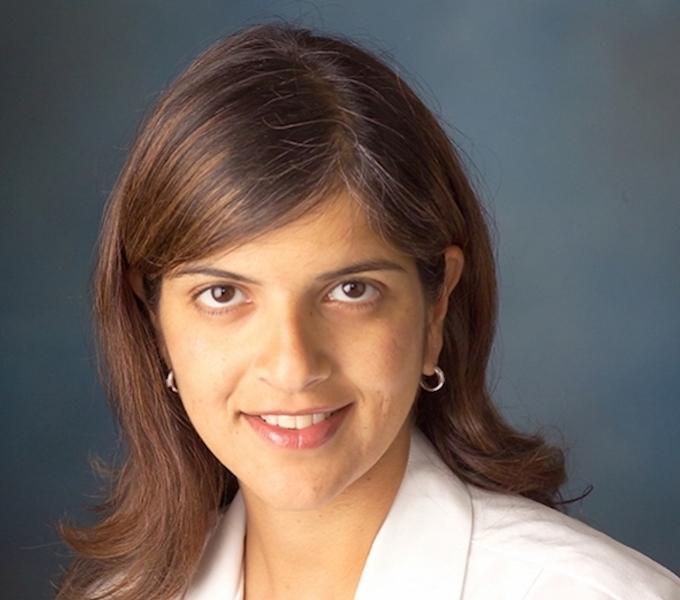
Dr. Sachdev-Ost's research examines how the nuclear protein HMGB1 is released from ischemic muscle, finding that its absence hinders recovery and that inflammasomes and platelets may affect its local availability.
*Currently accepting Graduate Students

Neural mechanisms underlying complex sound perception in health and disease.
*Currently accepting Graduate Students
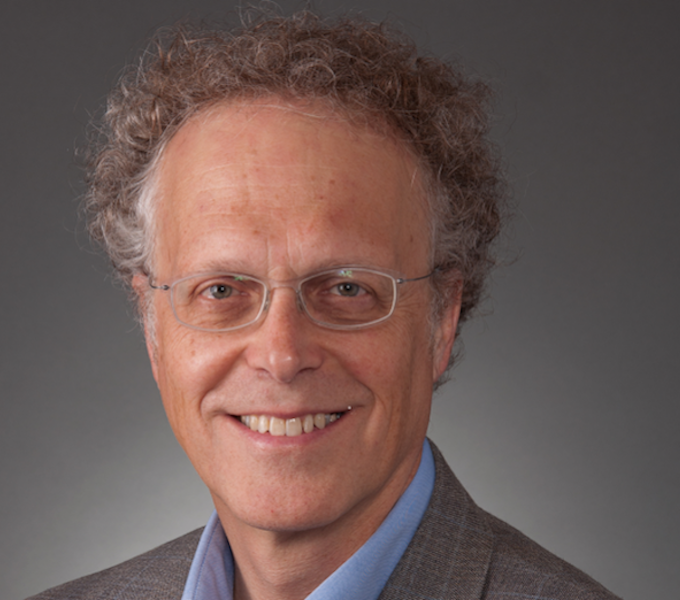
Our lab focuses on molecular mechanisms underlying placental development and its function in supporting fetal growth and maternal-fetal communication
*Currently accepting Graduate Students
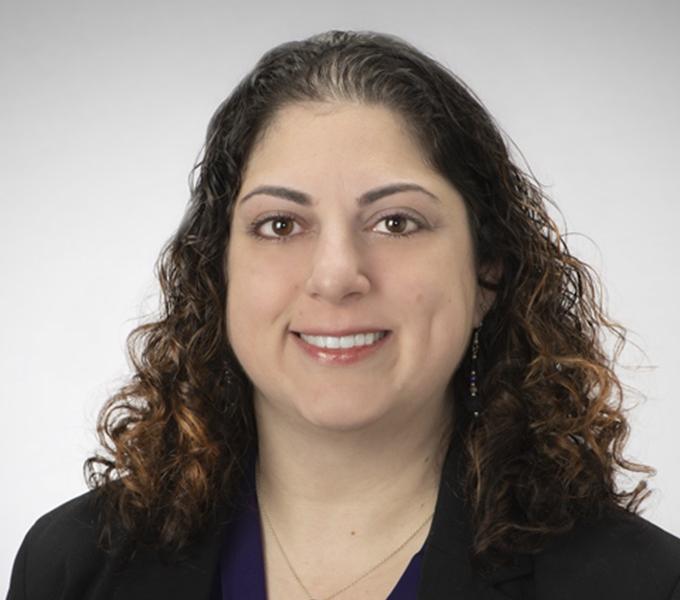
We use interdisciplinary approaches to understand how the nervous system regulates homeostasis and disease, including pain syndromes, cancer, and immune responses.
*Currently accepting Graduate Students

I work in the general area of computational biology, with emphasis on computational genetics and the modeling and simulation of biological systems
*Currently accepting Graduate Students

Our work is focused on neural circuits that mediate two neurological conditions: pain and Parkinson’s disease. We are also developing novel therapies to treat these conditions.
*Currently accepting Graduate Students

My lab is interested in the establishment of long term B cell immunity and in pathogenesis of systemic autoimmune diseases and graft vs host disease
*Currently accepting Graduate Students
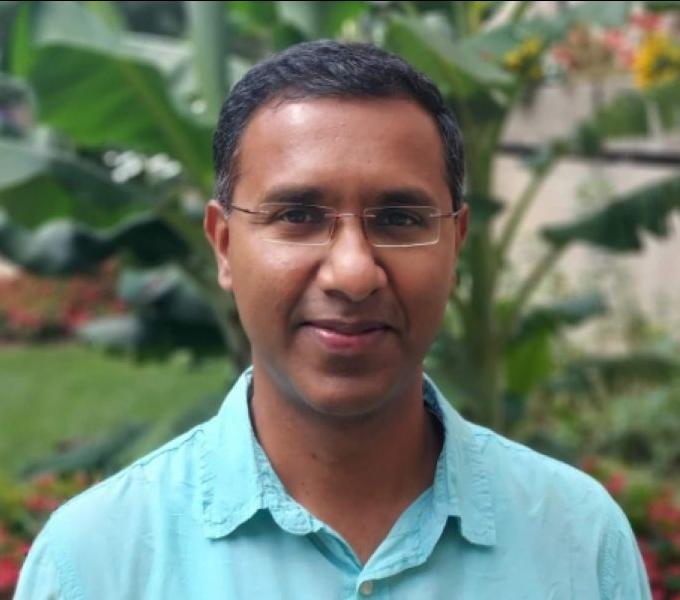
Our main interest is in understanding how abstract properties of sensory information (say, the color of an object or its direction of motion) are stored and used to guide actions.
We are interested in abstraction for two reasons:
- Abstraction is an essential substrate of thought, language and most higher order cognitive functions. It endows near infinite flexibility to our actions, allowing us to construct and follow instructions like "Press the red button if you saw something moving to the right". We investigate how such complex computations transpire in the neural networks of the brain.
- Abstraction is affected in psychiatric and neurological disorders of higher order cognition. By understanding the computations underlying abstraction, we hope to gain insights into their pathologies. We are particularly interested in thought disorders (e.g., Schizophrenia) and early dementia (e.g., MCI).
To study abstraction, we train animals to decide on abstract properties of ambiguous sensory stimuli. We record neural activity in their brain while they are making such decisions to understand the underlying computations. In parallel, we work with human patients, using the same behavioral tasks as the animals, to characterize deficits in abstract decision-making. Our ultimate goal is to develop animal models of these deficits using causal manipulation techniques (e.g., pharmacology and chemogenetics).

Neurophysiology of visual perception and cognition, computational neuroscience, cortical circuitry, neural population coding
*Currently accepting Graduate Students
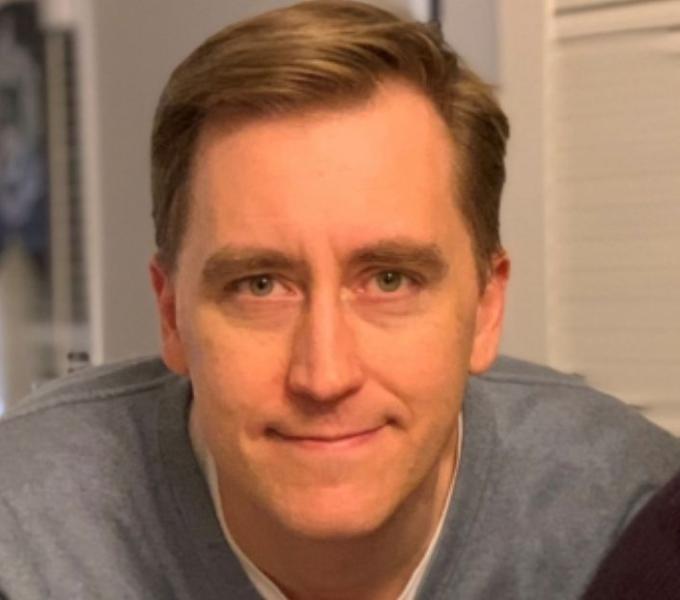
I am interested in how our visual perception of the world is constructed from the activity of populations of neurons. My laboratory employs neurophysiological and computational approaches to this problem, integrating cognitive phenomena, such as attention and memory, with computational analyses, neuroanatomy and circuitry, and motor planning and action. Specifically, we simultaneously record from dozens of individual neurons in visual cortex and relate the activity we observe in cortical circuitry to experimental manipulations of visual perception.
My research has revealed that measurement of the local circuitry in the visual cortex is critical for understanding the building blocks of visual processing, both within and across brain regions. We found that functional connections between neurons vary depending on the visual stimulus, the distance between neurons, the temporal scale, and the cortical layer. We are currently exploring a number of questions, including: (1) How interactions between cortical regions influence neural populations, such as feedback from prefrontal areas to visual cortex; (2) How functional connections among neurons are modulated by the animal's task, such as planning a saccade to different regions of the visual field; (3) How information flow among neurons is altered within and between cortical lamina based on cognitive demands; (4) How cortical circuitry is altered with abnormal visual experience (such as in amblyopia or glaucoma), and how a better understanding of cortical circuitry might lay the foundation for cortical visual prosthetic devices.

Non-receptor protein-tyrosine kinase structure, regulation and signal transduction in cancer, AIDS, and embryonic stem cell biology
*Currently accepting Graduate Students

Biomarker discovery, beneficial effects of mechanical loading, & implementation in targeted exercise therapies for musculoskeletal conditions
*Currently accepting Graduate Students

We have pioneered research in a historically understudied area of ophthalmology, the ocular microbiome and its effect(s) on ocular disease. Normally a highly contentious topic in ophthalmology, the ocular microbiome does, indeed, tune local immunity to prevent fungal and bacterial infection.
*Currently accepting Graduate Students

Mechanisms of white blood cell differentiation & its inhibition in leukemias; Mechanisms of stem cell differentiation & growth control
*Currently accepting Graduate Students

Our studies will be a direct outgrowth of this work, where we will focus on the molecular, cellular, and in vivo contribution of somatic hemoglobins and CytB5Rs as it pertains to vascular physiology and disease.
*Currently accepting Graduate Students
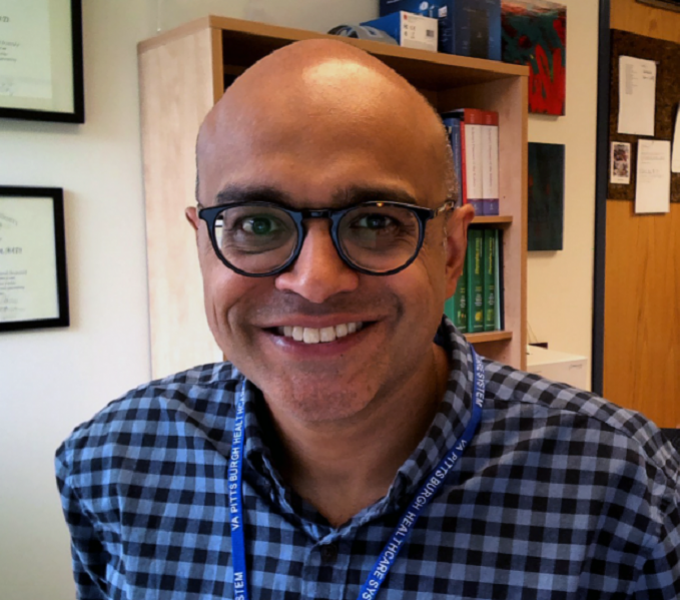
Our work is focused on the relationship between biomolecular condensates, cytoplasmic crowding, cell fluid volume and size control, and kidney tubule function in health and disease
*Currently accepting Graduate Students
Loss and altered plasticity of auditory cortex synapses in schizophrenia; mediators of vulnerability to psychosis in Alzheimer disease.
*Currently accepting Graduate Students

Psychosocial issues in organ and tissue donation and transplantation.
*Currently accepting Graduate Students
